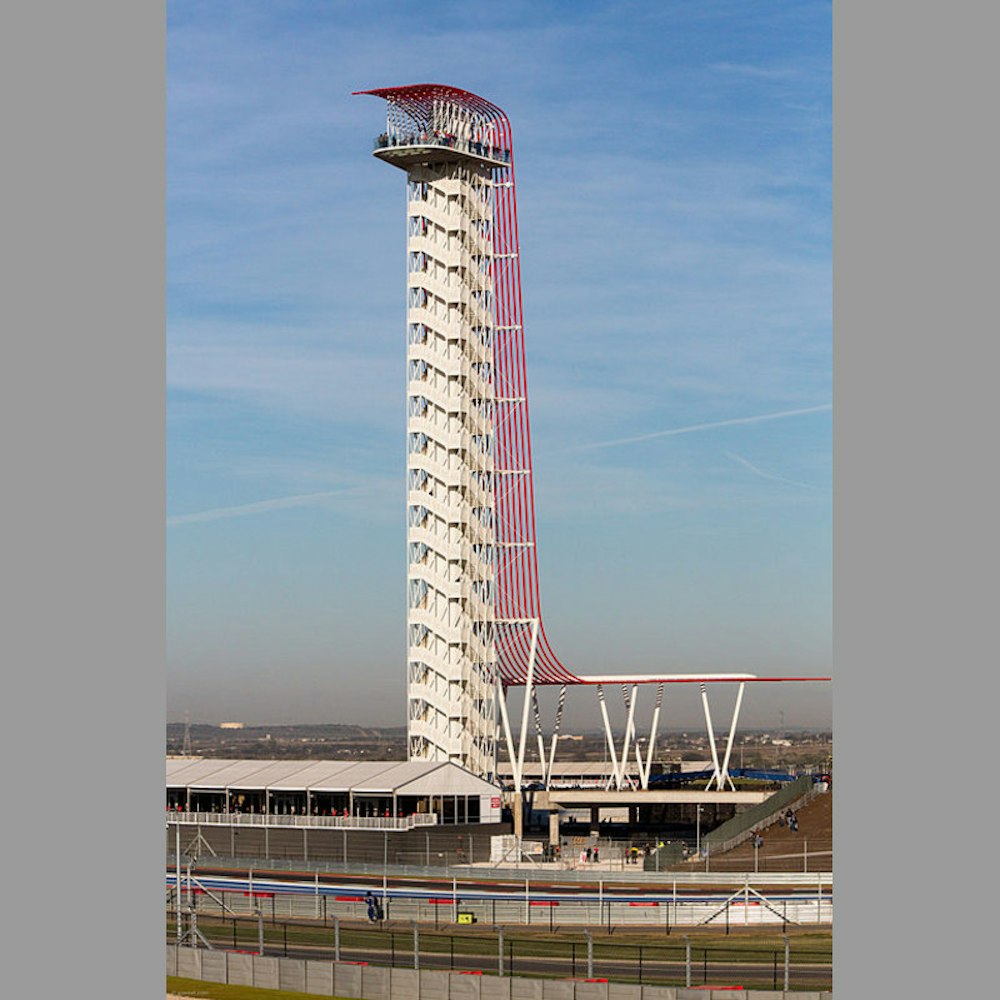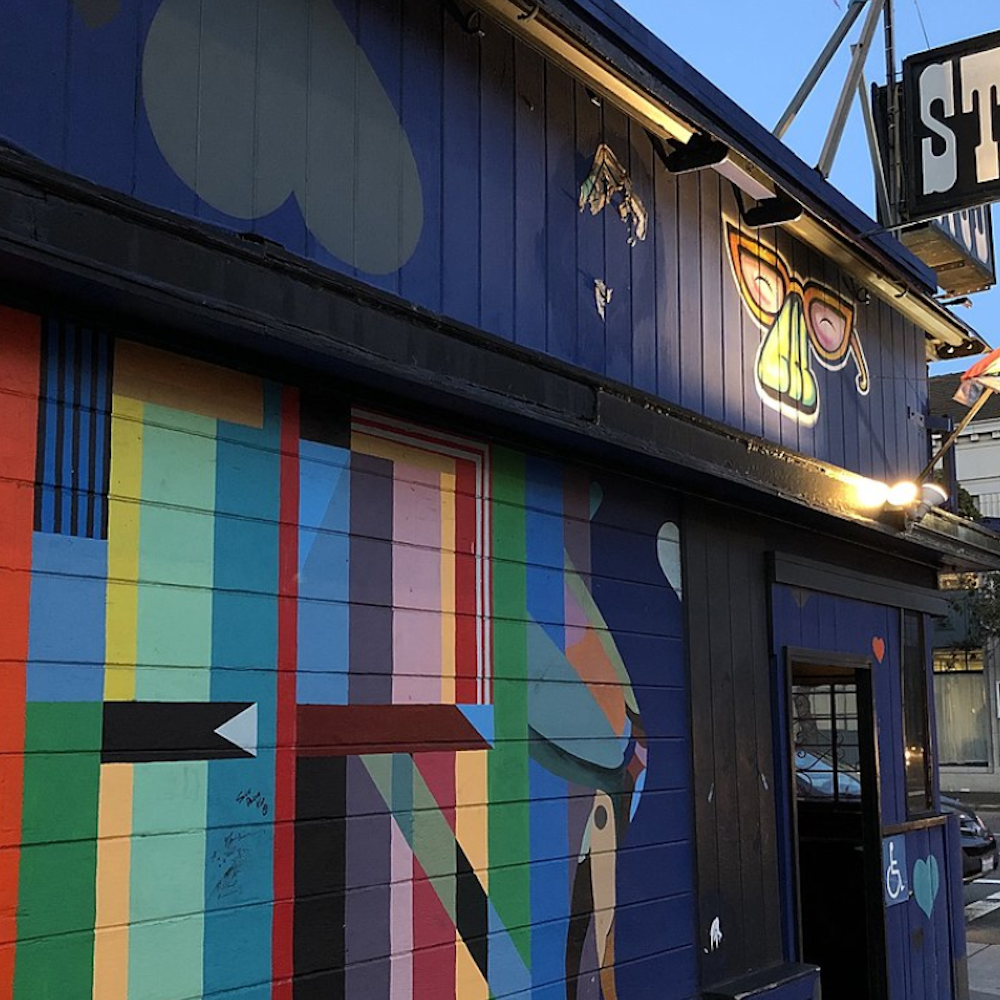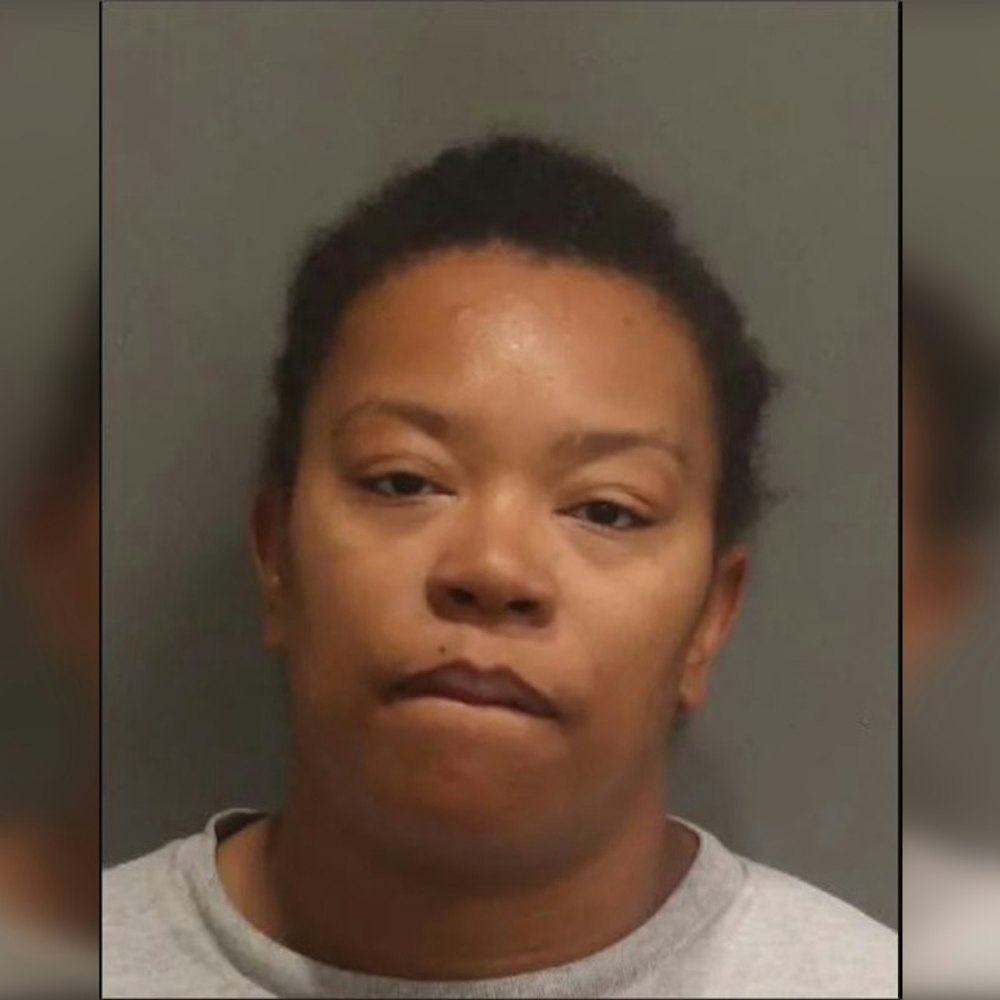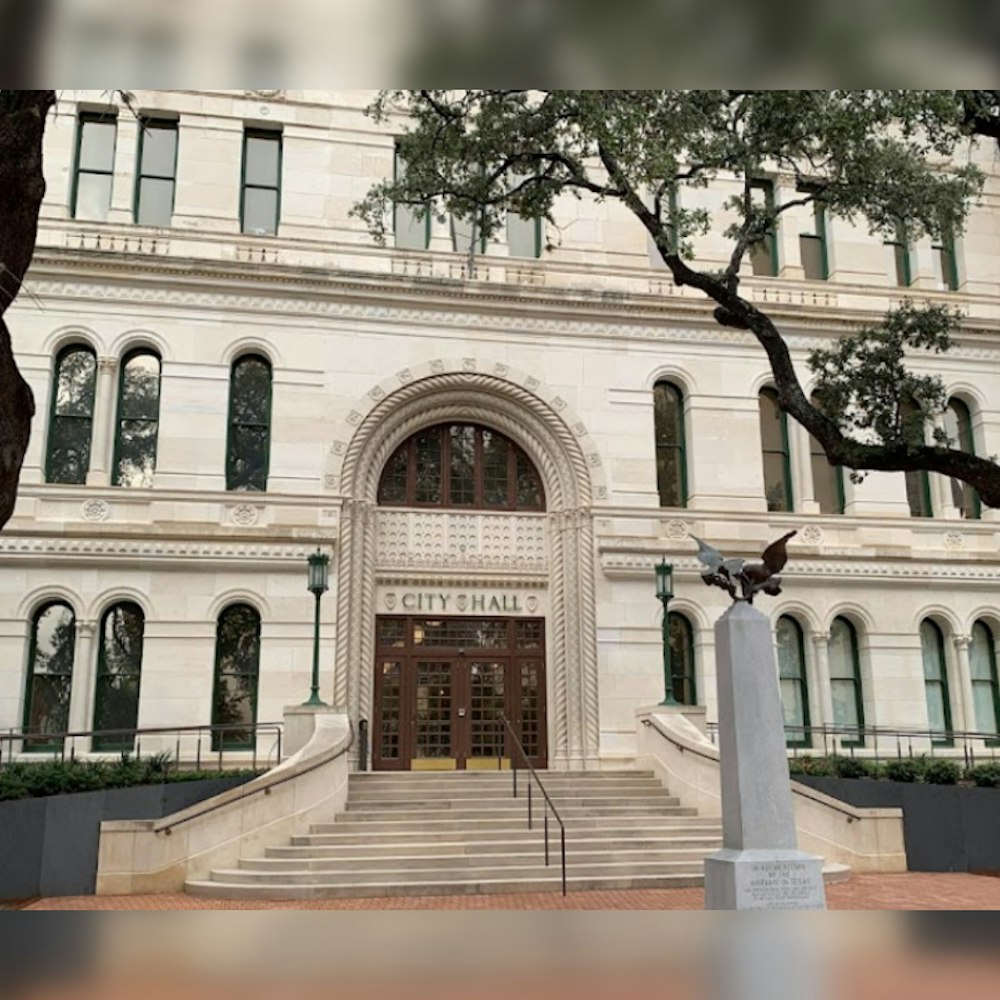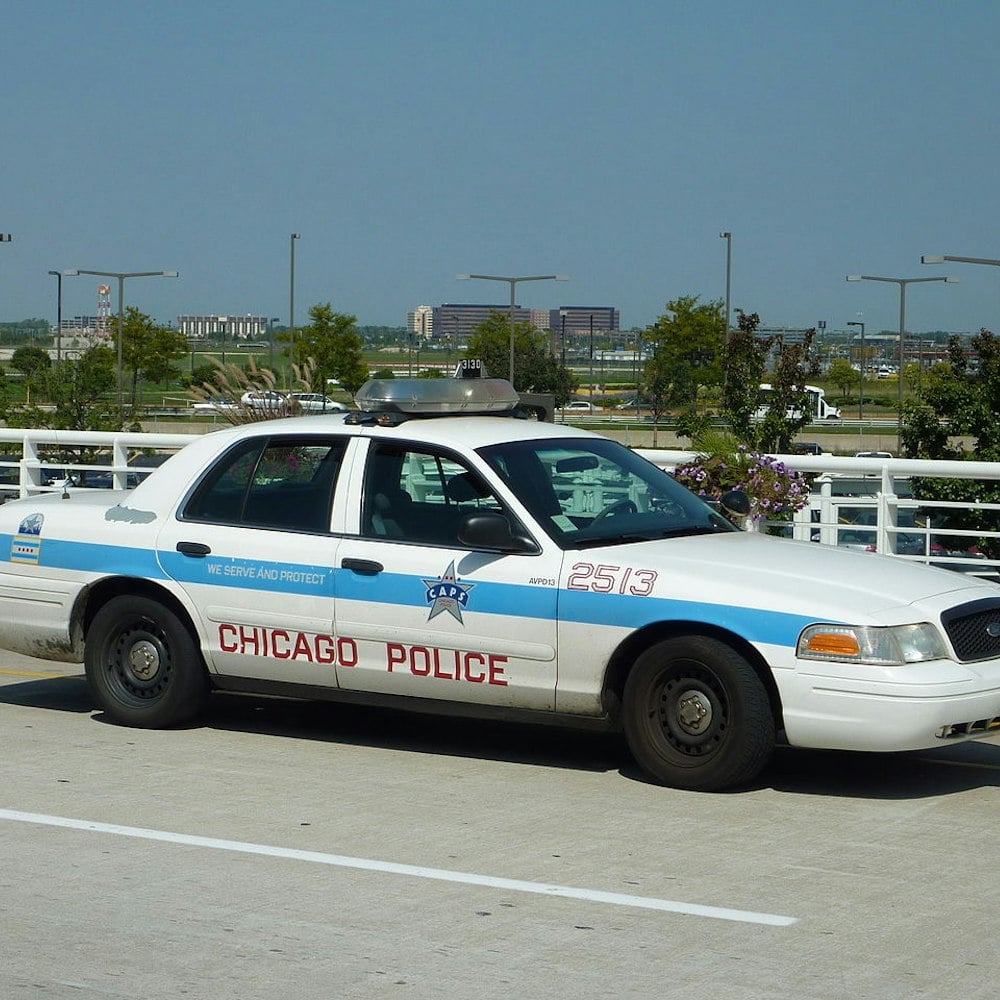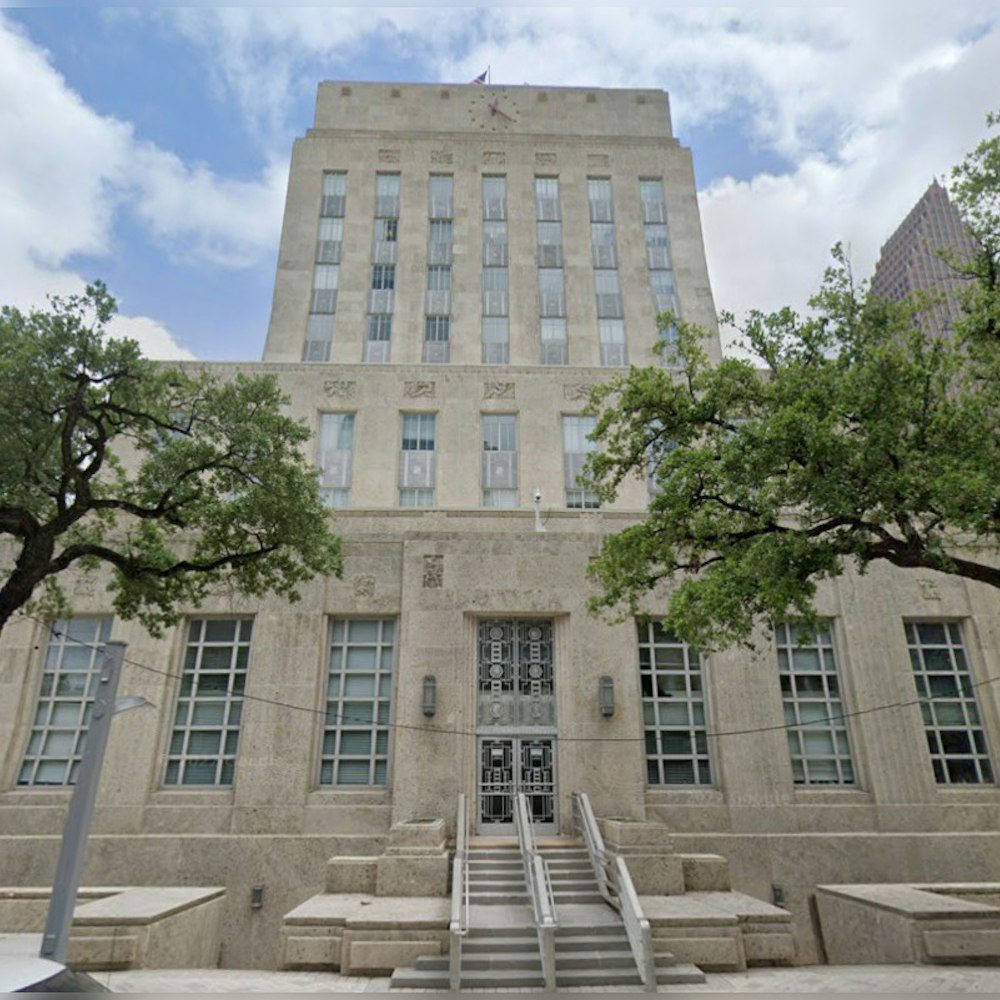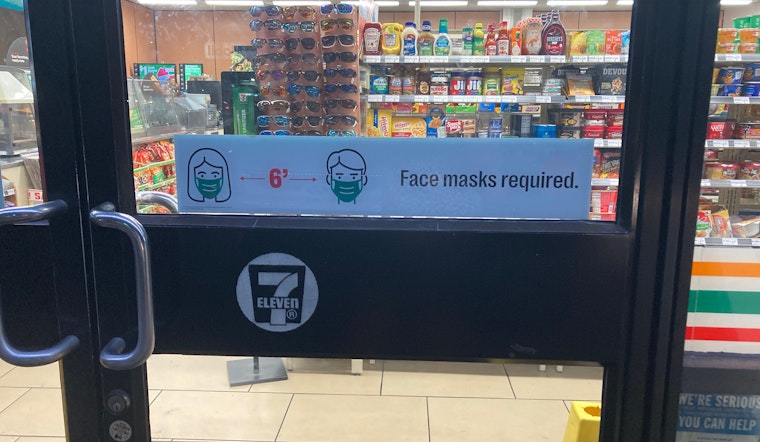
As local authorities struggled to put in place and enforce COVID-19 health orders over the past year, some used more stick to others' carrots. The toughest enforcement in the area was in Santa Clara County, which fined around 400 businesses a combined $6 million. Now, the county has been processing appeals from businesses with the time, resources and savvy to callenge the fines — and the process is raising serious questions among critics about the consistency and fairness of the enforcement.
That's according to the Mercury News, which reports that more than a quarter of the businesses fined have appealed, but still haven’t gotten the chance to make their cases. So far, the county has completed its review of seven cases. Four of those seven businesses have seen their fines significantly reduced or overturned, with hearing officers criticizing enforcement for relying on unsubstantiated claims and standards too vague to interpret, imposing fines for violations that were immediately remedied or imposing fines that were out of all proportion to the violations.
The paper reports that San Jose restaurant SP2 had all its violations overturned, but not before its owner hired lawyers to fight claims that the eatery failed to correct seven violations within a 24-hour grace period. These included not properly separating tables, serving parties of more than six people and playing “non-ambient music” loud enough that diners would raise their voices, making them more likely to transmit their breath farther and potentially spread the virus.
However, attorneys for the restaurant submitted photos showing the tables legally distanced, security footage of the county's inspection and evidence from employees challenging the claims. In response, the county offered up photos from the restaurant's website that showed the table layout — before the pandemic. In overturning the fines, the hearing officer also found that the rule about "ambient music" was too vague to enforce.
County Counsel James Williams countered to the Mercury News that testimonial evidence from enforcement officers should be "sufficient," saying "there is nothing in the ordinance that says we have to have photographic evidence.” Williams told the outlet he disagrees with the dismissal of the fines.
Williams also noted to the paper that the county set up the appeals process to hear challenges from businesses, which otherwise would have had to go to court. “We weren’t required to set that process up,” he said. “I actually think it’s an example of how we went above and beyond to create a very accessible mechanism for people to have appeals heard.”
But to many business owners reeling from the challenges of the past year and half, the county's enforcement has felt too harsh. When the county fined 181 businesses some some $115,000 during raids over Thanksgiving weekend — when Black Friday was canceled by lockdowns, as COVID-19 claimed ever more lives and the county ran out of space in hospital intensive care units — local businesspeople banded together to raise funds to help businesses pay the fines.
Business owner Mike Bui told Hoodline at the time that of businesses applying for relief from the donations, "a big majority of those who were fined were small business owners inside large shopping malls and shopping plazas” that hadn't post proper signage or submitted required paperwork.
“If they were doing something egregious they should be in trouble, of course,” Bui told Hoodline. “But for not having updated signage … It’s not fair to them when they’re struggling to survive.”
With Santa Clara County having fined businesses 50 times as much as all other Bay Areas counties combined, as revealed by the Mercury News in April, critics point out that the burden falls unequally on businesses struggling the most, which may not have the wherewithal to pursue an appeals process that takes months and to hire attorneys.
“We’re the minority because a lot of places don’t have the money to spend on lawyers or the hours to spend fighting this,” the owner of SP2 told the Mercury News. “It’s just unfair that these restaurant owners that have been completely impacted by the pandemic and all the shutdowns and guidelines are the people suffering the most.”
